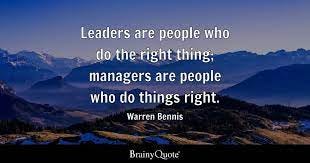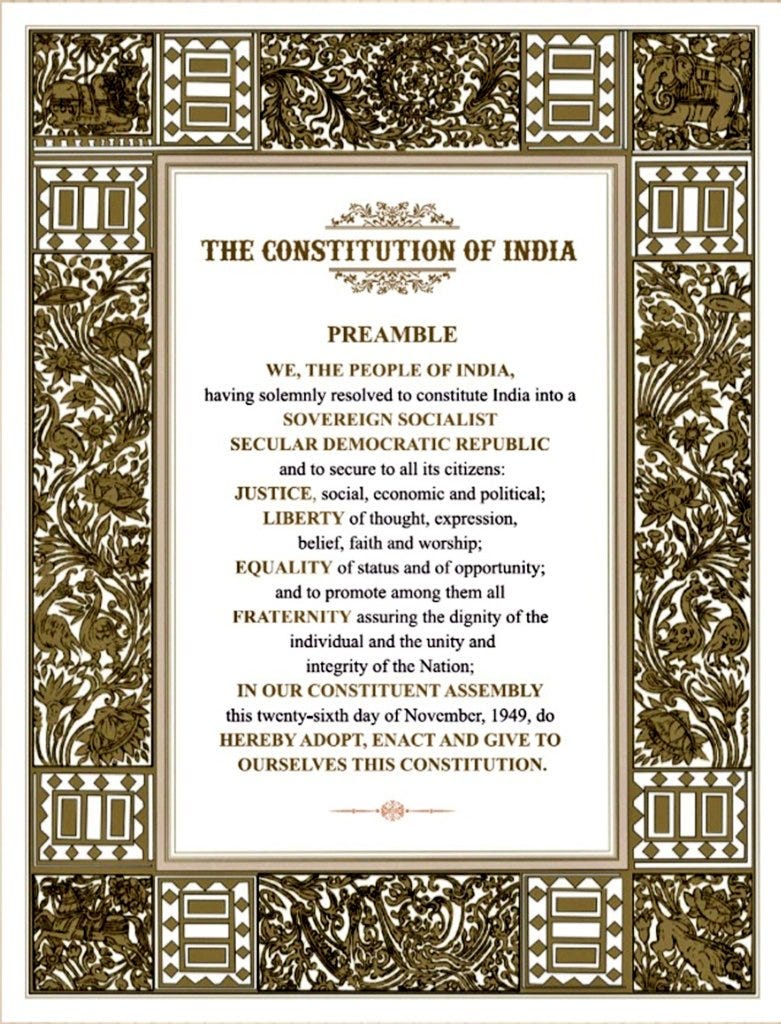#NotJust The Letter
Reflections on The Importance of The Spirit and #NotJust The Letter of the Law
Hello Dear,
When was the last time you faced an ethical dilemma at work? Let me guess: not too long ago. Am I right?
The Real Decisions are Ethical Decisions
It is my contention that as we progress in life, in whichever field and whichever sphere of life, more and more of our decisions and choices will invariably involve questions of morality and ethics. It might perhaps be right to make an even stronger claim: that if questions of morality and ethics do not form an important or increasing consideration in our choices and decisions, then we may not even be making real progress. We may be mistaking our advancements in the rat race with progress, which is honourable, which forms a crucial component of a life well lived.
This is why I believe that the “higher” we go in work life, and indeed in life itself, the greater responsibility we have to ensure that the decisions our organizations are making are honourable, are right, to put it most simply.
To quote the late leadership researcher and author Warren Bennis:
“Leaders are people who do the right thing; managers are people who do things right.”
In other words, senior executives in companies and organizations need to spend a large share of their time and energies, in guiding, facilitating, ensuring and inspiring stakeholders both within and outside the organization to do what is right. I.e,, they are called upon to help build and refine the moral and ethical compass of the organization.
And the more senior and experienced one is, the bigger is one’s responsibility to do this, rather than merely ensuring that the most efficient processes are adopted to attain whatever goals someone has laid down.
Now, these questions of ethics and morality become a bigger and bigger part of organizational life, as life and work become more and more complex. New fields, disciplines, professions, technologies, products, services and customer segments keep emerging. The cross-pollination and intersection of various fields keeps increasing the demand for the application of knowledge and expertise from different fields. All these and other changes require us to keep reviewing our organizational and personal moral and ethical compasses, and indeed, to build them where none exist.
This is why I believe that:
The real decisions are decisions involving ethics and morality, on what is the right thing to do, rather than merely on how to do the thing right.
And indeed, these two types of decisions are not always so neatly separable. Even a decision to do one thing right could often involve many other sub-decisions on choosing what are the right things to do in order to attain that goal (of doing that one thing right).
Let me now share with you a question of ethics I once faced. I will be able to share only a very broad outline here. A particular work situation during my time in government service made me think, yet again, as to what was the right thing to do in that situation.
The Role of Truth in Governance?
Now, as a civil servant, I understand that when civil servants join the civil service, we take an oath of allegiance to the constitution of India. The English version of the oath goes like this:
I, A. B., do swear/solemnly affirm that I will be faithful and bear true allegiance to India and to the Constitution of India as by law established, that I will uphold the sovereignty and integrity of India, and that I will carry out the duties of my office loyally, honestly, and with impartiality." (So help me God !)
[Check out the government mandate regarding this here].
So, I tried to examine what is the right thing to do for me in that situation, given our commitment to the values and principles of the constitution.
Now, here comes something which I find very interesting. A doubt occurred to me:
What does our constitution say about the role of truth in governance?
I mean, does the constitution say that the government, institutions and citizens of our democracy are required to be truthful in their dealings and relationships with each other?
Now, as always in life, I did not have the luxury of time to devote weeks, days or even hours to answer this question. Moreover, sometimes, there are logistical constraints which make it difficult to even seek guidance from veterans.
So, I looked up and carefully examined the preamble to the constitution, which distills its basic features and essential principles.
In fact, the preamble is regarded as nothing less than the soul of the constitution.
Now, interestingly for me (and perhaps for you too, I hope?😊), I found that the preamble does not make even a single mention of truth!
I also did a search of the full text of the constitution, as updated on 1st May, 2024 (accessible here). I found that the word “truth” is not mentioned even once, even in the full text of the constitution! What about the word “true”? I find that it is mentioned 10 times, and 9 of these mentions are as part of the oath of allegiance to be taken by different government functionaries, including civil servants, where they are required to “bear true allegiance to India and to the constitution of India as by law established”.
The only exception to the use of the word “true” is as part of a clause on “Protection of publication of proceedings of Parliament and State Legislatures”, which states: “No person shall be liable to any proceedings, civil or criminal, in any court in respect of the publication in a newspaper of a substantially true report of any proceedings of either House of Parliament or the Legislative Assembly, or, as the case may be, either House of the Legislature, of a State, unless the publication is proved to have been made with malice…” So, this too does not demand that the various stakeholders in a democracy, especially those in the government, uphold the principles of truth or that they be truthful.
This made me wonder.
The constitution does not mention truth. Does this mean that it is not necessary for the government to be truthful? Is adherence to truth an option, a luxury, which we may choose as per our convenience and exigencies of each situation?
Ha, my reflection might come across as absolutely foolish to you. Someone may wonder how could I or anyone even think so, how could someone even wonder that truth can be optional in governance? Someone might even regard such a reflection as an outcome of grave moral bankruptcy, or colossal ignorance, or both.
I would say that, the more foolish the above reflection seems to be, the more important it is for us to engage in further reflection. I mean, if one person (me in this case) can get this doubt, I believe many others too could. And this means that we need to get clarity on what the constitution expects of us as government servants and as citizens.
Now, this raises an important question.
Why do we even need the constitution to explicitly mention truth? Should or could it not be taken to be self-evident?
Yes, why do we need to lay down everything in writing? Could we even lay down? Should we, even if we could?
I am reminded here, of a conversation I once had with a very dear friend. I was speaking to him on the importance of a purpose for our life. On being clear about our life’s purpose.
You know what he told me? He said that he finds the need to answer this question as quite demeaning. I think what he meant is that laying down the purpose of one’s life precisely somehow insults the very concept of what our life is and can be and become. Writing it down or even speaking precisely about it in concrete terms reduces its value, essence and meaning. It somehow corrupts it.
So, I was thinking that the same could indeed be true about our constitution as well and its relationship with truth.
In fact, I then recalled a previous situation I faced at work. One of the considerations which led to my decision in that case was nothing but the principle of truth and truthfulness. Interestingly, I had not then searched the constitution or any other law or guidebook to find out whether truth has a place in governance or not. The question never even occurred to me then. I had intuitively presumed, in line with my belief, that democratic governance should indeed be truthful. It is not an option.
So, it could be that the framers of the constitution deliberately omitted the concept of truth, because they either did not feel the need for it, or felt that its mention would corrupt the very concept and principle. Indeed, another possibility which can coexist with the above is that the principle of truth is indirectly ingrained in other principles and values, which are mentioned in the preamble, in fundamental duties, in directive principles of state policy, and in other sections of the constitution.
But then something struck me: a little later, though. Haha, as often, what is least visible is what is the most obvious. Isn’t it? Some things are too obvious, making them too invisible!😊😊😊
Making a slight digression, we have discussed this problem of what is too obvious, in this article below.
How Can Groups Better Encourage Ideas?
Reflections on the flow of ideas in groups, and some humble tips / ideas to inspire freer and fuller expression
So, what is that most obvious thing which I could not see or notice before? Our national emblem. And our national motto.😊
The national emblem of India is a replica of the Lion at Sarnath, near Varanasi in Uttar Pradesh. The Lion Capital was erected in the third century BC by Emperor Ashoka to mark the spot where the Buddha first proclaimed his gospel of peace and emancipation. The national emblem is thus symbolic of contemporary India's reaffirmation of its ancient commitment to world peace and goodwill. The four lions (one hidden from view), symbolising power, courage and confidence, rest on a circular abacus. The abacus is girded by four smaller animals, that are considered guardians of the four directions: the lion of the north, the elephant of the east, the horse of the south and the bull of the west. The abacus rests on a lotus in full bloom, exemplifying the fountainhead of life and creative inspiration. The motto 'Satyameva Jayate' inscribed below the emblem in Devanagari script means 'truth alone triumphs'. (Source: https://www.eoiukraine.gov.in/nation.php)
So there we go.
The principle and value of truth is nothing less than a part of our national motto. Which proclaims in bold terms not only that truth triumphs, but that it is truth alone which triumphs.
What more affirmation and guidance do we need? I think this example also shows that what tends to be forgotten most easily are what are the most basic principles of life. This only makes it that much more important that we honour and live by the basics, the fundamentals, however simple and foolish it may seem, in the face of ever-increasing complexity.
The more complex the world gets, the more important it is to keep going back to the basics, the fundamentals. To what should not and does not change.
Let me also point out that one another point the above example illustrates - especially the omission of the concept of truth in the constitution - is that we need #NotJust systems, we need more than that, as pointed out in the following One Doubt Please article.
It is #NotJust The Letter, The Spirit is equally if not more important.
OK then, let us stop here for today. Let us examine what other basic principles of life and our shared existence are we ignoring or forgetting? Or have become too obvious to get our renewed attention?
I hope the above reflection adds some value to you? It would be great if you let me know, either in the comments or at Newdheep@gmail.com. Thank you very much!










